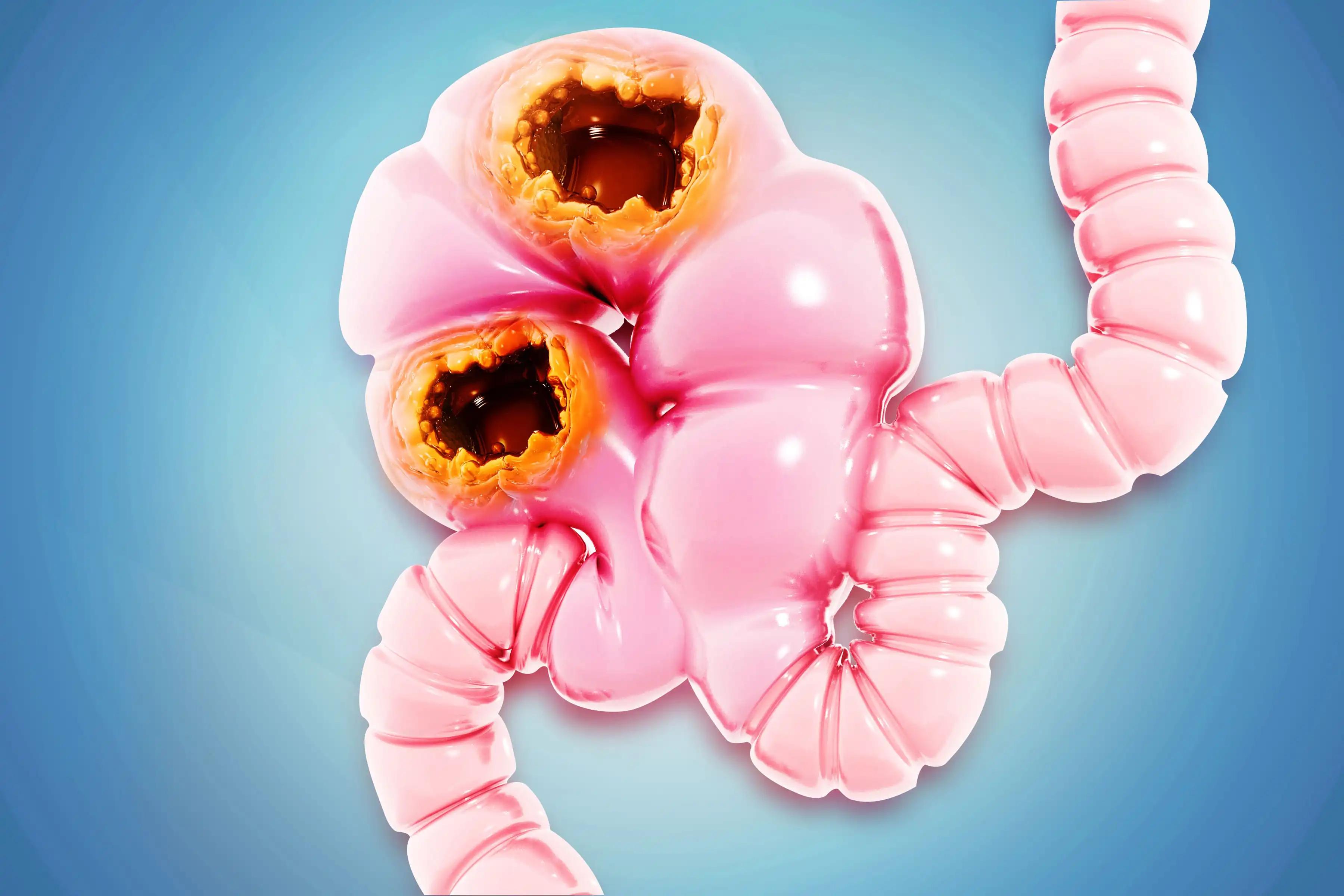KEY TAKEAWAYS
- The phase 2 CAPRI 2-GOIM trial assessed cetuximab-based treatments tailored to specific biomarkers across three lines of mCRC treatment.
- Genomic profiling via NGS found molecular changes potentially linked to anti-EGFR antibody resistance beyond PCR-based tissue analysis.
The CAPRI 2-GOIM, a phase II trial, evaluated the performance and safety of cetuximab-based treatments tailored to biomarkers across three metastatic colorectal cancer (mCRC) treatment lines. Local labs identified patients (pts) with RAS/BRAFV600E wild type (WT) mCRC. Before primary treatment, comprehensive genomic profiling is conducted using next-gen sequencing on both tumor tissue and circulating tumor DNA. Treatment sequences are adjusted based on the liquid biopsy results for the second and third lines.
By March 8, 2023, 135 mCRC pts displaying RAS/BRAFV600E WT initiated their treatment with FOLFIRI cetuximab as a primary line. The recruitment process is in progress, aiming to enroll 200 pts. In this context, researchers presented genomic profiling outcomes from pre-treatment tumor samples and plasma ctDNA of the initial 96 pts. Local labs’ analyses were in line with their findings for 84 out of 96 (87.5%) pts regarding RAS/BRAFV600E WT tumors.
Using FoundationOne NGS, 17 out of 96 pts, deemed WT by local labs, showed KRAS, NRAS, and BRAF mutations in both tumor samples and ctDNA. The breakdown included 7 KRAS mutations, 2 KRAS amplifications, 3 NRAS mutations, 4 BRAF non-V600E mutations, and one case with a JHDMD1D-BRAF gene fusion. Among these, tumor samples and ctDNA mostly matched, barring four cases where discrepancies occurred. Detailed molecular alterations in RAS and BRAF were provided, with particular VAF percentages. Beyond these, NGS detected other mutations such as APC (76%), TP53 (58.3%), SMAD4 (16.7%), and several more. Gene amplification was observed for EGFR (2.1%) and ERBB2 (2.1%).
Comprehensive genomic profiling using both tumor tissue and liquid biopsies through NGS revealed extra molecular changes potentially linked to resistance against anti-EGFR monoclonal antibodies, in contrast to the PCR-based analysis of tumor tissues. The CAPRI 2-GOIM study aimed to evaluate if NGS can enhance the selection process for RAS/BRAFV600E WT mCRC pts, directing them to the best-suited treatments across three successive therapy stages.
Source: https://www.annalsofoncology.org/article/S0923-7534(23)00645-2/fulltext
Clinical Trial: https://classic.clinicaltrials.gov/ct2/show/NCT05312398
Martini, G., Martinelli, E., Ciardiello, D., Nicastro, A., Latiano, T., Maiello, E., Avallone, A., Tamburini, E., Lonardi, S., Cremolini, C., Lolli, I., Tortora, G., Febbraro, A., Leo, S., Zampino, M., Napolitano, S., Normanno, N., Troiani, T., Ciardiello, F. Comprehensive genomic profiling of tumor tissue and plasma-circulating tumor DNA in RAS/BRAFV600E wild type metastatic colorectal cancer patients: Initial findings from the CAPRI 2-GOIM trial. https://doi.org/10.1016/j.annonc.2023.04.503



